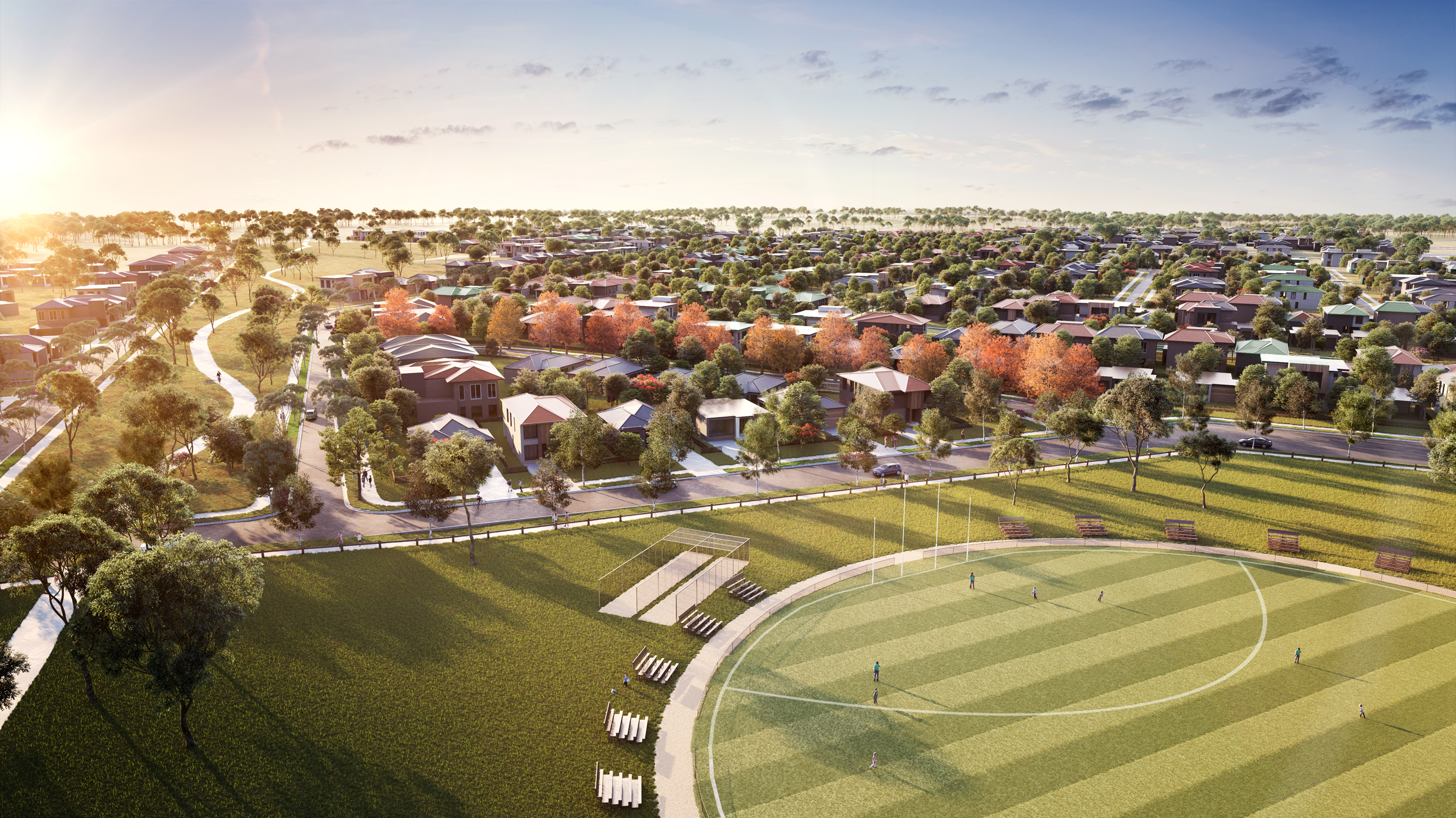Whittlesea just keeps on growing.
The state government has unveiled plans for an extra 15,000 houses at Wollert, paving the way for another 42,000 people in the area.
Planning Minister Richard Wynne last week said he had approved a 1434-hectare suburb as part of the government’s plan to release 100,000 residential lots by the end of 2018 in a bid to make Melbourne housing more affordable.
The new suburb will be bounded by Craigieburn Road to the east, Summerhill Road to the north, Curly Sedge Creek to the west and the future E6 road reservation.
The government has pledged new roads for the area, while existing roads, including Craigieburn, Boundary and Summerhill roads and Koukoura Drive, will be upgraded.
But, there was no word when these road duplications would take place.
Mr Wynne hailed the latest suburb as “a model new suburb”, saying it would be serviced by a network of bus routes and was just a 10-minute drive from Epping or Craigieburn train stations.
But the plan has been criticised by residents who fear the new housing will only add to the area’s existing traffic congestion woes.
Aurora Community Association president Sanjeev Choudhary questioned why the government was adding more houses to an area already struggling with inadequate infrastructure.
“Currently, the situation in Epping is already absolutely stressful for people living in the area. The traffic is causing havoc,” he said.
“The buses are inadequate and we have been told the rail line to Wollert is 25-30 years away.
“How do they justify the planning of more houses?”
Mr Choudhary said the government should be duplicating roads and investing in schools and sporting facilities for the area before building more houses.
But Mr Wynne said the new precinct had been meticulously planned and would include town centres, five schools and extensive walking and cycling paths.
He said more than $400 million in developers’ contributions would cover essential infrastructure and community facilities, such as roads, parks and pipelines.
“It’s all about promoting affordable housing and giving new communities the world-class services and infrastructure they deserve,” the minister said.
“Approvals like these don’t just help cater for [the] growing population, they keep the dreams of many would-be homeowners alive.”







